Deck & Commander Strategies
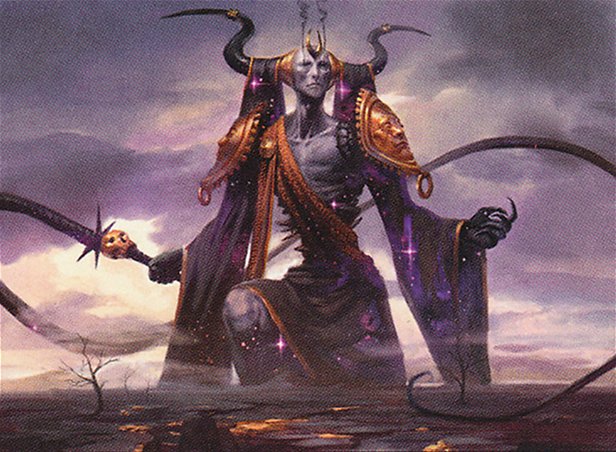
Erebos, God of the Dead
Utilizes devotion to black to become a creature that disrupts opponents' life gain while providing card draw through life payment, aiming for attrition and card advantage.
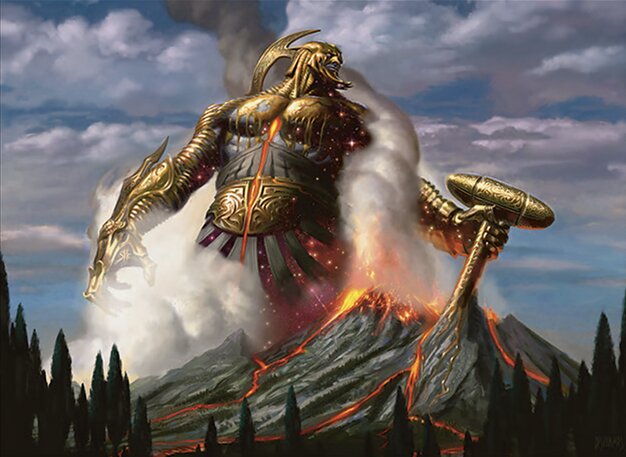
Purphoros, God of the Forge
Deals damage to all opponents whenever creatures enter the battlefield under your control, supporting a go-wide aggro strategy that benefits from token generation and creature swarms.
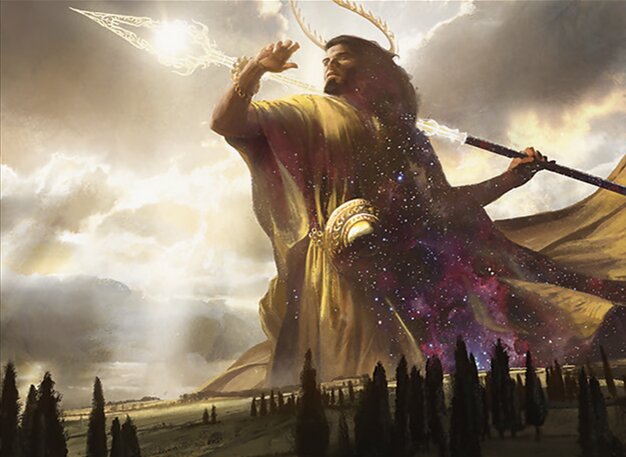
Heliod, God of the Sun
Grants vigilance to creatures and creates cleric tokens, focusing on wide board presence and aggressive yet resilient strategies, often leveraging life gain synergies.

Thassa, God of the Sea
Provides scrying and unblockability to creatures, enabling controlled and evasive gameplay, with a focus on maintaining card advantage and selective attacks.
Gameplay Insights
- 1
The devotion mechanic is crucial as it determines when gods become creatures and activate their abilities, influencing timing and board development.
- 2
Purphoros’s damage triggers heavily punish opponents for playing creatures, incentivizing wide board strategies from his controller.
- 3
Heliod’s vigilance and token creation allow for attacking without losing defensive capabilities, making crackback less effective.
- 4
Thassa’s unblockability and scrying provide consistent card selection and enable safe attacks, supporting a control-oriented approach.
- 5
Erebos’s life payment for card draw balances resource management with maintaining pressure by denying opponents life gain.
- 6
Including powerful synergy cards like Master of Waves and Cyclonic Rift highlights the decks’ connections to historic Theros Standard archetypes.
- 7
The thematic approach to the game with the gods as commanders adds flavor and strategic depth through devotion and color identity constraints.
Notable Cards
-

Erebos, God of the Dead
-

Purphoros, God of the Forge
-

Heliod, God of the Sun
-
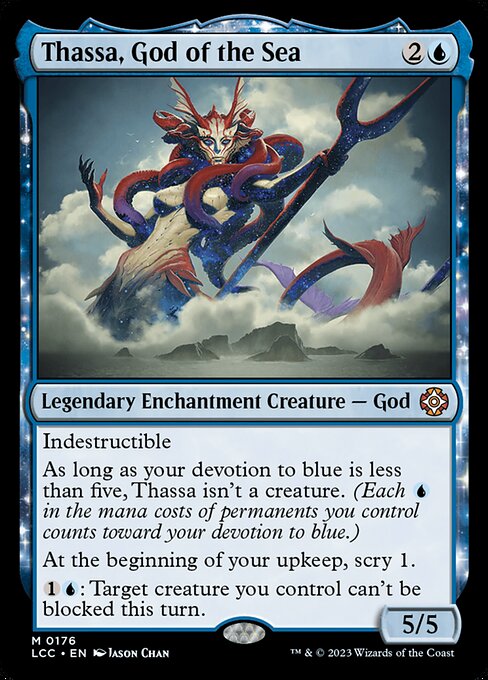
Thassa, God of the Sea
-
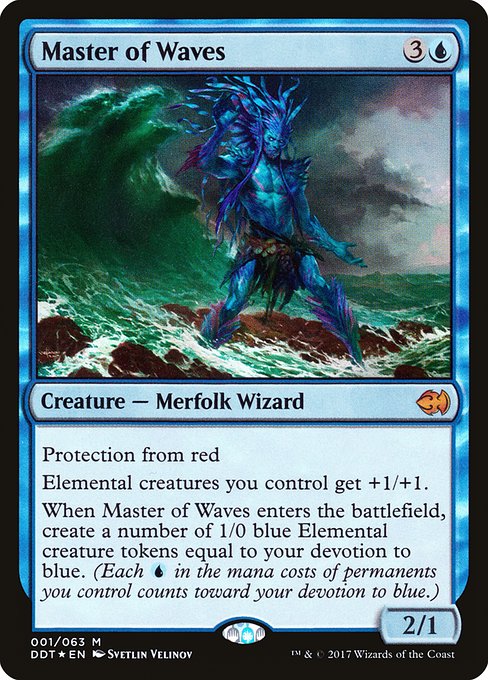
Master of Waves
-
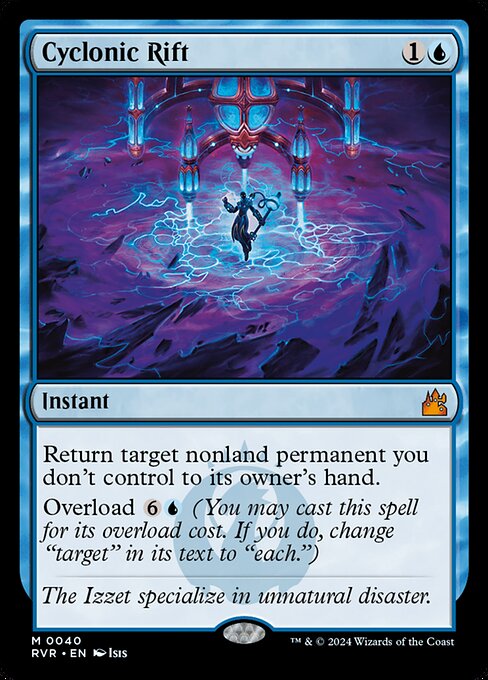
Cyclonic Rift
-
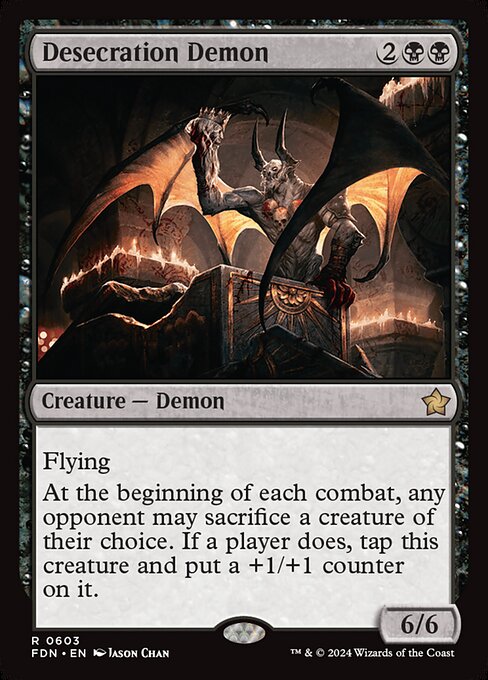
Desecration Demon
-
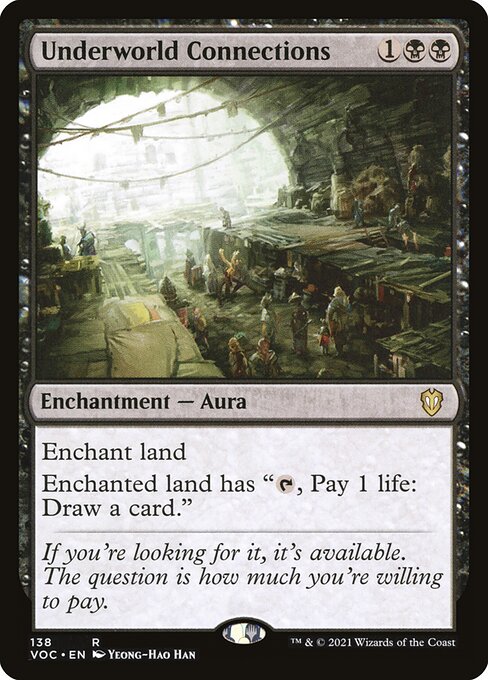
Underworld Connections
-
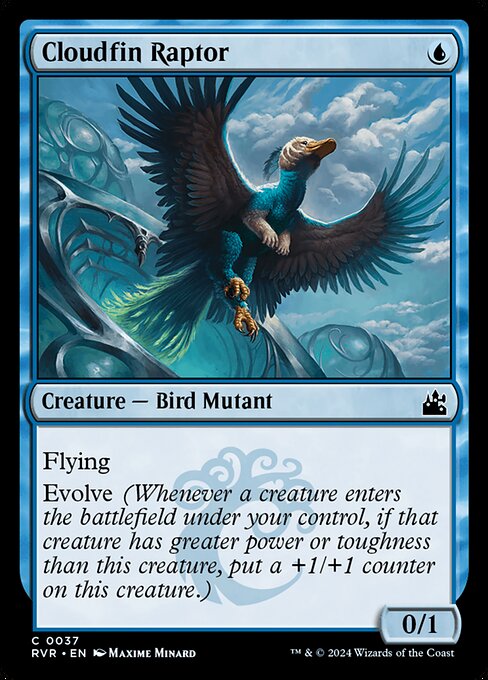
Cloudfin Raptor
Gameplay Summary
The game features four Monocolored Theros gods as commanders, each bringing their unique devotion-based abilities into play.
Early on, players reveal their commanders by a random draw involving rumchata bottles, setting the stage for a thematic Greek mythology showdown.
Erebos, God of the Dead, focuses on card draw and life manipulation through devotion to black mana, while Purphoros, God of the Forge, pressures opponents with damage whenever creatures enter the battlefield and buffs red creatures.
Heliod, God of the Sun, emphasizes vigilance and token generation, hinting at a wide board strategy, and Thassa, God of the Sea, provides scrying and unblockability to support a controlling, evasive blue deck.
Throughout the game, players leverage their god’s devotion triggers to turn them into creatures and activate potent abilities, shaping the board state with token creation, damage pings, and card advantage. Key plays include Purphoros dealing incremental damage to opponents as creatures flood the battlefield, creating pressure and punishing overextension.
Heliod’s vigilance and cleric tokens allow for both aggressive board presence and defensive stability.
Thassa’s scrying and unblockable granted to creatures enable selective attacks and card filtering, maintaining tempo and control.
Erebos supports the deck’s longevity with life payment card draw and denying opponents life gain, aiming to outvalue opponents over time.
The interplay of devotion thresholds across all decks is central, with players timing their deployment of threats and spells to maximize god activations.
The game likely culminates in a combination of overwhelming board presence and incremental damage from Purphoros and Heliod’s tokens, supported by card advantage from Erebos and evasive strikes from Thassa, demonstrating a flavorful and synergistic Theros gods mashup.












![Commander VS S3E6: Arjun vs Yisan vs Erebos vs Kangee [MTG: Multiplayer] thumbnail](https://i.ytimg.com/vi/jMrD8Bx5Umc/sddefault.jpg)























![Purphoros vs Kumena vs Rafiq vs Varina [EDH Commander] Gameplay 2020 thumbnail](https://i.ytimg.com/vi/XkAbuHNZfYE/sddefault.jpg)
![Tinybones vs Purphoros vs Varina vs Oloro [EDH/Commander, Magic The Gathering Gameplay] 2021 thumbnail](https://i.ytimg.com/vi/ytJL7mHwrEk/sddefault.jpg)
![Orvar vs Lathril vs Lier vs Purphoros [EDH/Commander, MTG Gameplay 2022] thumbnail](https://i.ytimg.com/vi/YaSdhNWIHz4/sddefault.jpg)
![Purphoros vs Toxrill vs Jodah vs Meria [EDH/Commander, Magic The Gathering Gameplay 2022] thumbnail](https://i.ytimg.com/vi/kVnk6OKMiFw/sddefault.jpg)
![Everything is Fine. Don’t Click this Video, ft. Purphoros, Gandalf, Akiri, Braids [MTG EDH Gameplay] thumbnail](https://i.ytimg.com/vi/lBhszeoeVoc/sddefault.jpg)








